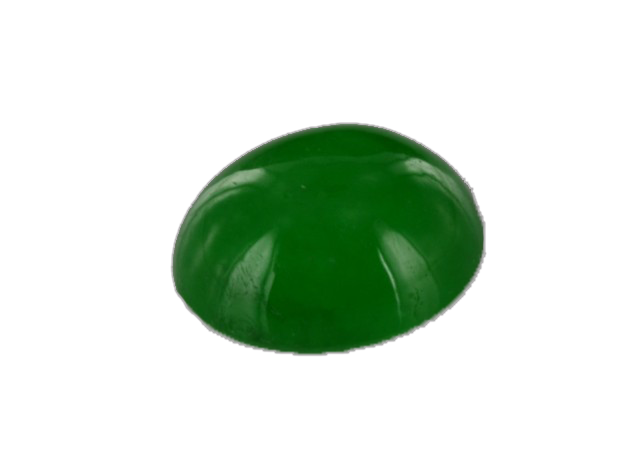
purple
Je vous emmène à travers mes vidéos découvrir mon expérience acquise depuis plus de 30 ans a silloner le globe entier à la recherche de pierres précieuses, de rencontre mémorables mais aussi de difficulté parfois …
actualités
Categories

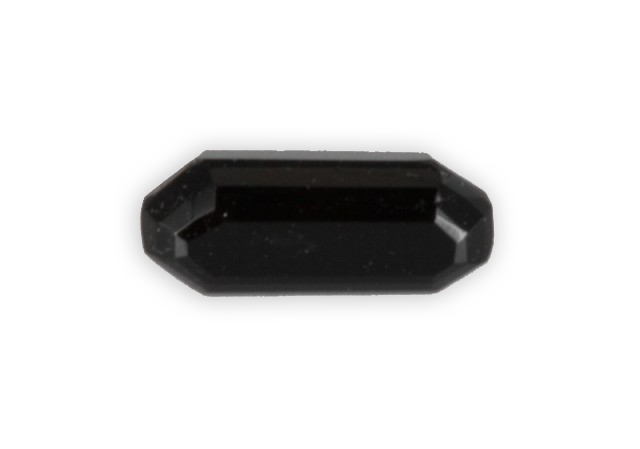
augite
Its name, coming from Latin, was given by Werner and it means bright because the surfaces of its divisions are very bright. Amongst the pyroxenes, augite is a ferromagnesian silicate low in calcium. The fassaite variety is low in iron, the jeffersonite variety is rich
mother-of-pearl
Mother-of-pearl or Nacre is the substance that constitutes the inner part of the shell of certain mollusks, its name comes from the Latin “ nacrum “, which was used to describe white matter with iridescent reflections. It consists of a mineral part of calcium carbonate
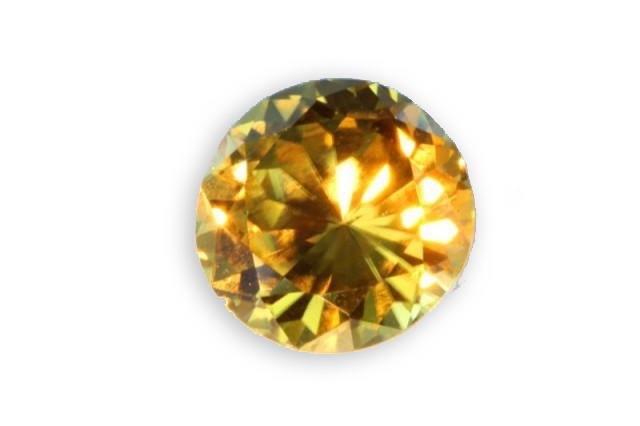
zircon
Its name comes from the Arabic “zargoun” muting in “jargon”, meaning vermilion. It is known since antiquity, but under different names. It may be colorless (rare), but also yellow, brown, orange, blue to blue-violet (called starlite) … and mostly brown green and dark red, the
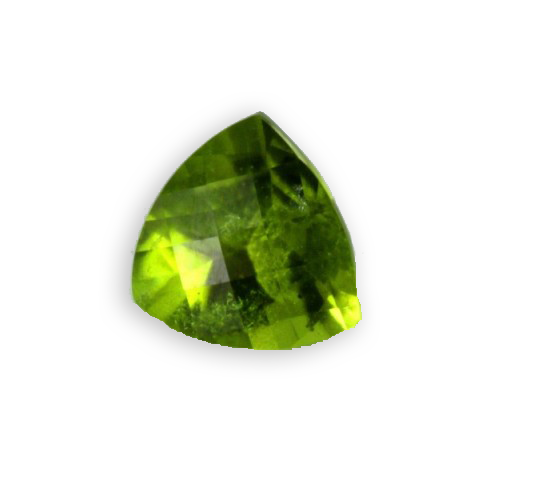
vesuvianite
Its name comes from the Vesuvius (Italy) where it was discovered, it is also called vesuvienne, idocrase, wiluite (form the Wilui River in Yakutia, Russia). The californite variety, discovered in 1963 by the famous mineralogist Kunz, is a massive, persistent and green variety of vesuvianite
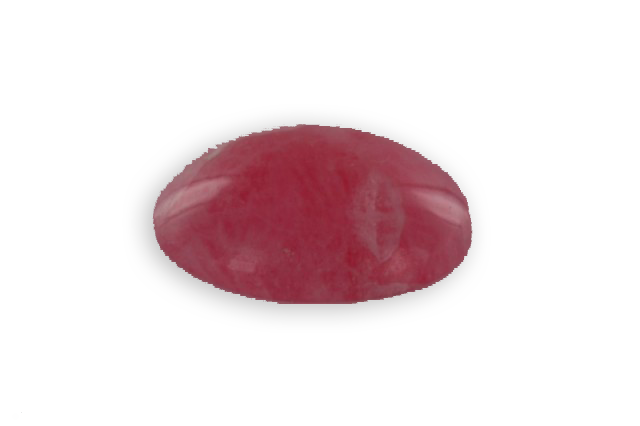
tugtupite
Mineral discovered in 1960 simultaneously in the Kola Peninsula (Russia) and south of Greenland, its name comes from an Inuit word meaning ” Reindeer blood ” (“tugtup” means reindeer in Eskimo). Stone of a beautiful color. Without light it loses its color, and after returning



